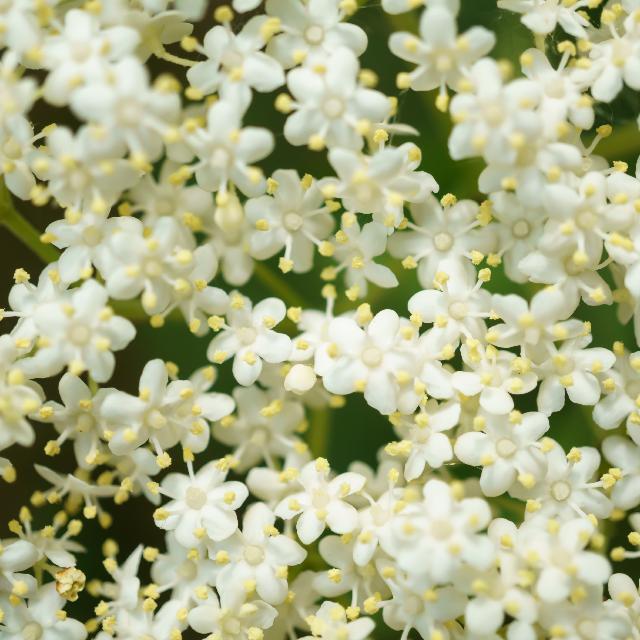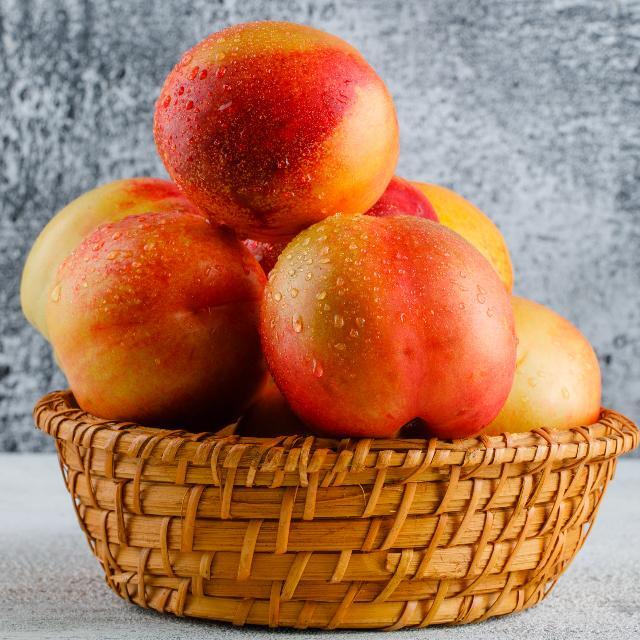Bright aromas of ruby grapefruit, elderflower and nectarine create intrigue on the nose. Medium bodied with a backbone of peach and citrus, and succulent acidity to balance the fruitiness that fills the palate.
Grapes are sourced from Stellenbosch producers in Devon Valley and Polkadraai, as well as from the Piekenierskloof. In Stellenbosch, the cooling influence of the south-easter and proximity to the ocean maintain fresh acidity. In the Piekenierskloof, old vines and sandy soils bring intensity and perfume to the wine. Chenin Blanc and Chardonnay grapes are whole bunch pressed. The must undergoes a slow, cool fermentation process in a combination of vessels, including new and seasoned oak barrels. After fermentation, the wine is matured on the fine lees for 6 months for texture and mouthfeel. 15% new oak is used.
Winemaker: Danielle le Roux
Winemaker: Danielle le Roux
Jean Engelbrecht, owner of the prestigious Stellenbosch estate winery Rust en Vrede becomes philosophical when he speaks about one of his favourite subjects. “Wine brings people together,” he explains. “When you share a glass of wine with someone it brings you closer. It helps to improve communication between people. Wine builds bridges.”
Engelbrecht’s latest wine is named Afrikaans. After the language. Launched during the programme announcement of this year’s Toyota US Woordfees on 18 November 2019, Afrikaans – the wine – aims to celebrate the language without baggage.
“Afrikaans, our new wine, is definitely apolitical,” he emphasises. “I truly and deeply believe the Afrikaans language should not be hijacked by exclusivity from within one specific group. Afrikaans is no better, or worse, than any other language. All languages are equal, while users should not elevate one above others.”
Engelbrecht’s latest wine is named Afrikaans. After the language. Launched during the programme announcement of this year’s Toyota US Woordfees on 18 November 2019, Afrikaans – the wine – aims to celebrate the language without baggage.
“Afrikaans, our new wine, is definitely apolitical,” he emphasises. “I truly and deeply believe the Afrikaans language should not be hijacked by exclusivity from within one specific group. Afrikaans is no better, or worse, than any other language. All languages are equal, while users should not elevate one above others.”









